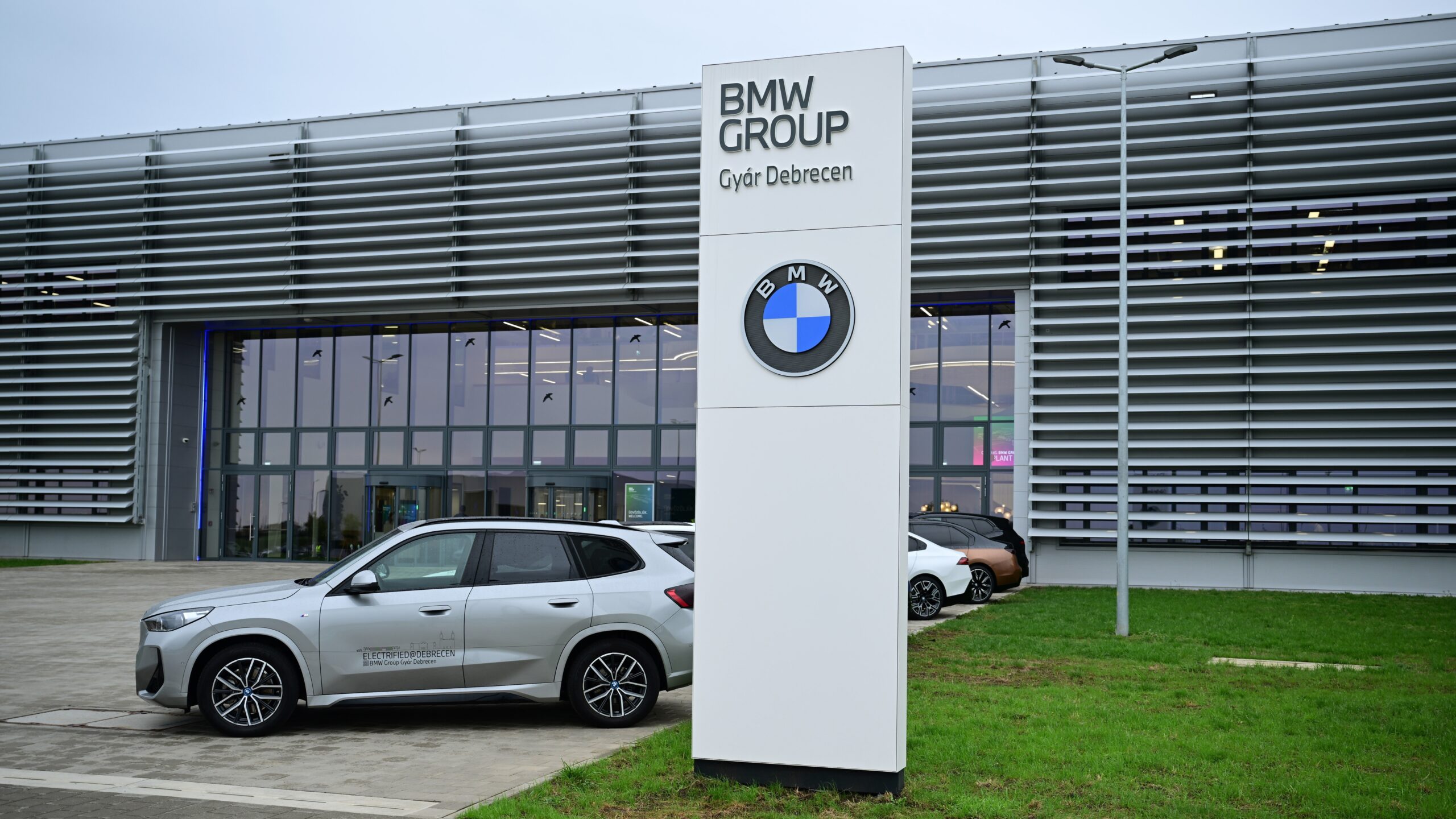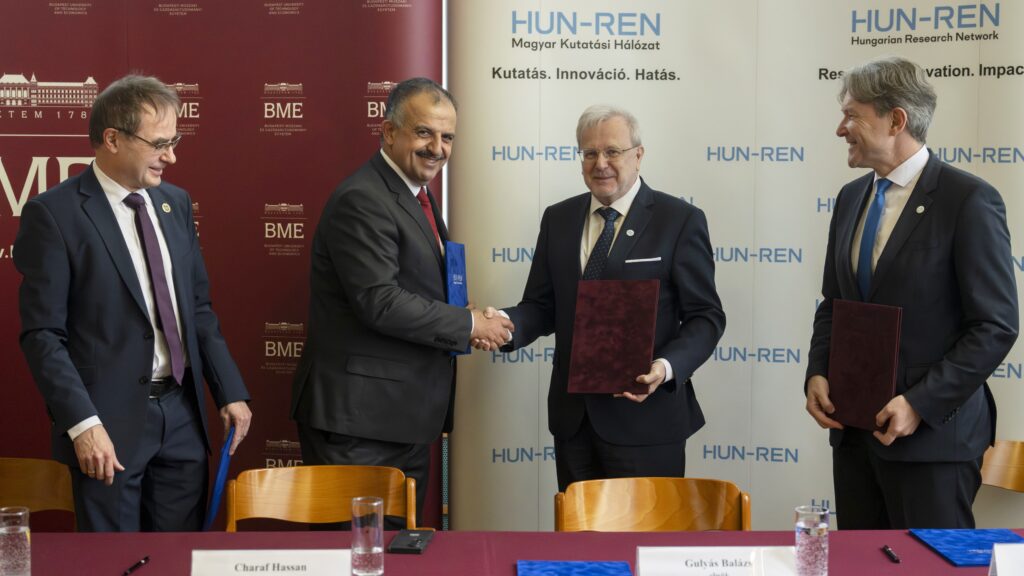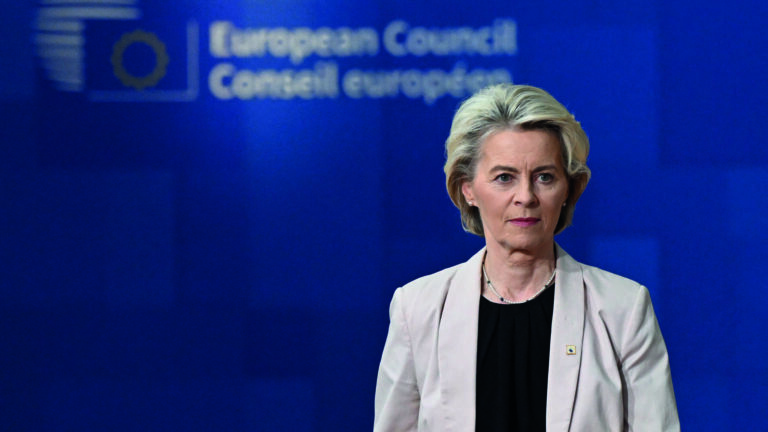Hungary’s automotive industry is entering a new chapter with the opening of BMW’s factory in Debrecen, a project that Foreign Minister Péter Szijjártó described on Friday as a ‘world sensation’. Speaking at the inauguration, he said the launch will not only invigorate the auto sector but also lift the entire performance of Hungarian industry, with several other major investments soon to follow.
According to the minister, the German carmaker’s decision is historic: Debrecen will be the sole site where BMW manufactures its fully electric models. ‘In BMW’s global strategy for the transition to electric mobility, this location and this activity are of critical importance,’ Szijjártó told local media.
He reminded that the European Union has already adopted binding decisions to shift road transport to electric platforms, noting that the sector is responsible for up to one-fifth of harmful emissions. Without this transition, he warned, global climate and environmental goals cannot be achieved.
Hungary, he emphasized, has become a cornerstone in this transition. Besides BMW, both Audi and Mercedes have chosen the country for their electric strategies, making Győr, Kecskemét, and now Debrecen central hubs in the global shift.
Production in Debrecen will begin with the iX3 model, which drew strong attention at the Munich Auto Show. Demand is so high, Szijjártó said, that BMW has been forced to accelerate its original schedule.
Addressing questions about recent industrial slowdowns, the minister acknowledged the cyclical nature of the automotive market, especially during technological revolutions. After the initial boom in electric vehicles, growth has slowed, he said, but a mass adaptation phase has begun, marked by steady, long-term expansion.
Szijjártó welcomed that Hungary’s automotive production grew 1.7 per cent by late summer compared to last year, surpassing 8 trillion forints in value, a record that could be broken again by year’s end. The sector currently employs 176,000 people directly and many more indirectly, with job numbers expected to climb further as new factories—including Mercedes’ largest European plant—come online.
He also cited rapid progress at BYD’s facility in Szeged, production records at Audi in Győr, new technology investments by Suzuki, and record orders for Stellantis in Szentgotthárd. ‘The Hungarian auto industry is now producing powerful growth, and this will drive overall industrial and economic performance,’ he stated.
Responding to opposition criticism over battery production, the minister stressed that Hungary enforces Europe’s strictest environmental regulations. Every factory operates under these rules, he said, with authorities ensuring compliance.
Related articles:







